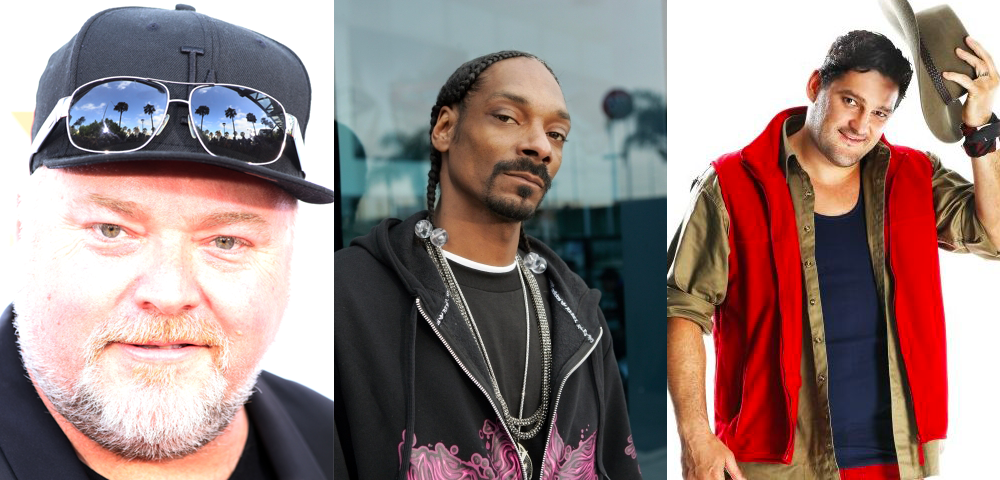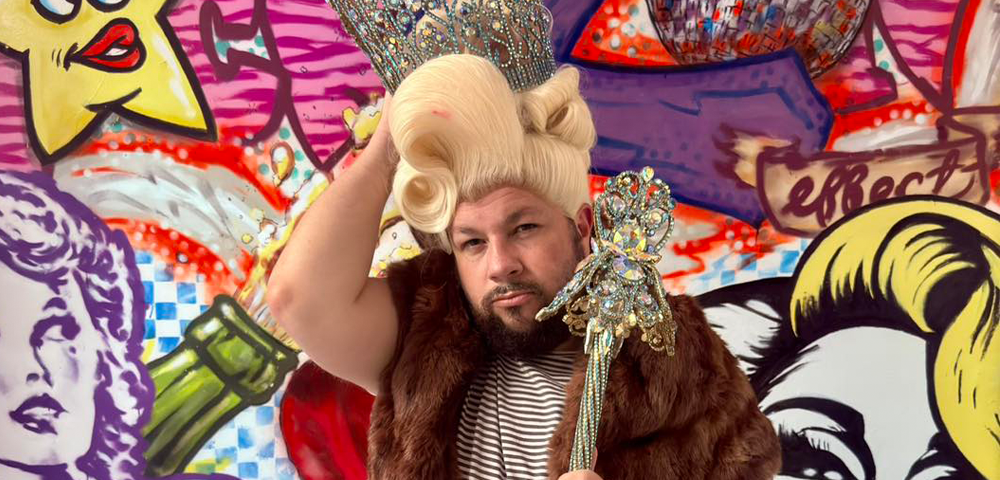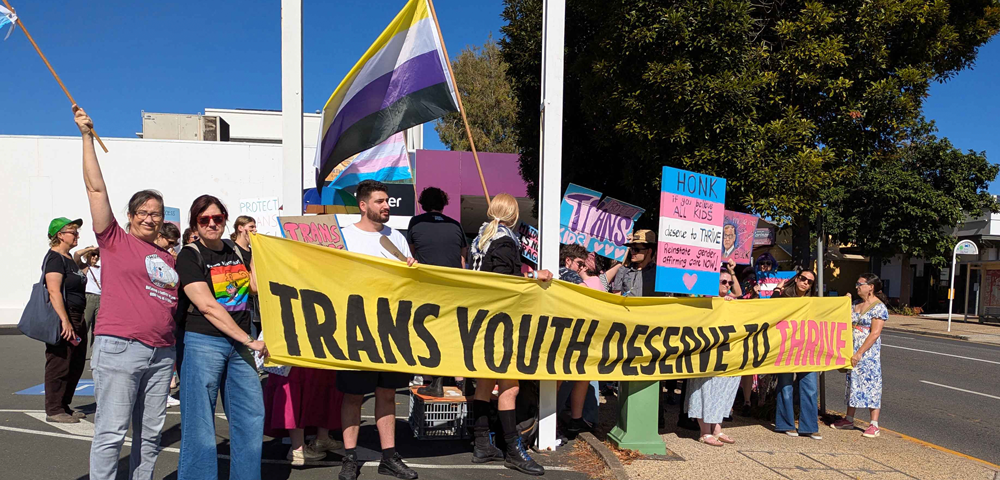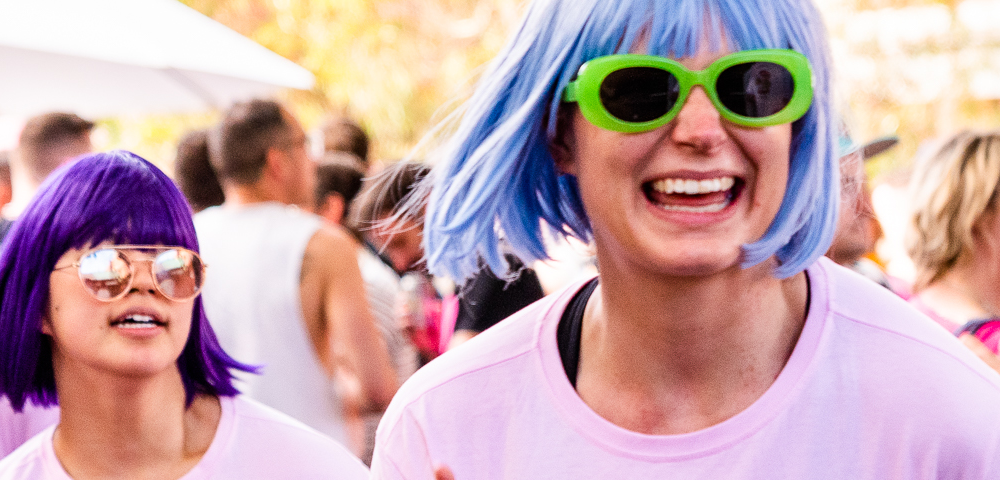
Sports Clubs Think Homosexuality Is ‘Wrong, Unnatural’
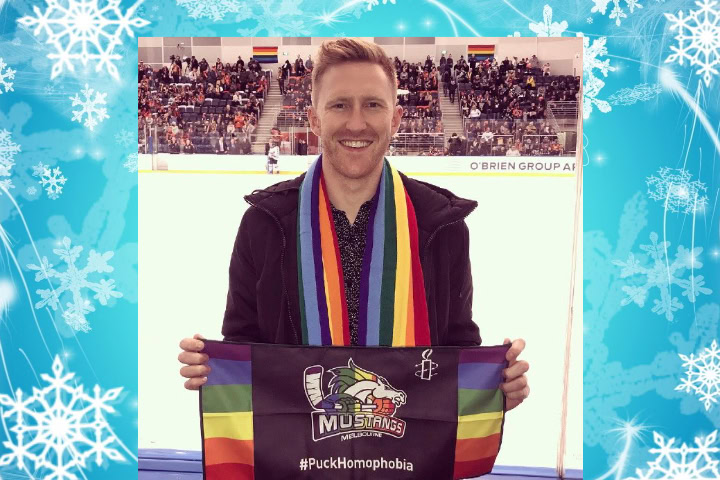
Homophobia and transphobia continue to ail Australia’s sports clubs, and a new study reveals that nearly half of the players, coaches and staff in these clubs believe to varying degrees that homosexuality is wrong or unnatural.
Conducted by the Faculty of Education, Monash University and VicHealth the study looked into how the hosting of the Pride Cup has impacted attitudes towards LGBTQI communities.
Around half of the clubs who were part of the survey said they strongly disagreed that ‘homosexuality was wrong or unnatural’. The other half agreed with this statement to some degree, according to the report. 73% of players surveyed from clubs that had not participated in a Pride Cup event said that they had witnessed their coach using homophobic language and 30% had witnessed their coaches doing the same in the past two weeks (compared to 38% and 11 % respectively at clubs who had participated in Pride Cup events). Over half the male players from non-Pride Cup clubs said they had been the target of homophobic slurs, with one in five male players saying it was harmless to call an opponent a “fag”during a game.
“The high number of respondents not strongly disagreeing that homosexuality is wrong or unnatural is somewhat surprising to me again given the perception that Australian society is becoming more progressive and accepting of LGBTQI diversity,” Associate Professor Ruth Jeanes told Star Observer. “The findings point to an ongoing need to focus on issues of discrimination and exclusion in community sport and how we can better support inclusive practices.”
The survey was based on an online questionnaire completed by participants in the Pride Cup as well as interviews with players, coaches, staff and volunteers of six clubs that had participated in a Pride Cup event and from six randomly selected clubs, which had not participated in such events.
“This figure is concerning because it suggests that a large portion of club members hold negative and potentially discriminatory views about LGBTQI participants. This can lead to a continuation of discriminatory behaviour and ultimately the ongoing exclusion of LGBTQI participants from community sport. Club sport can offer so many positive benefits in the form of mental and physical health, social connections and networks, it is unacceptable that some individuals are continued to be excluded and unable to access the valuable benefits community sport provides,” said Jeanes.
Former Australian rules player Jason Ball, who who came out as gay in 2012, knows the impact of homophobic language on the field and in the dressing room too well.
“Growing up the football club felt like the one place I would never be accepted. Homophobic language was routinely used on the field and in the stands and that left me scared to be myself,” said Ball. “When I did come out, a lot of the fears about how my teammates would react to me weren’t realised, which suggested to me that most of the homophobic language being used wasn’t coming from a place of hatred towards gay people, but rather it was coming from a place of ignorance.”
Pride Cup was launched in 2012 by Ball’s teammates at the Yarra Glen Football Netball Club to show their support for him and has since then emerged as a national organisation to promote LGBTQI inclusion in sports.
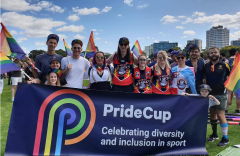
Pride Cup is now hoping to use the learnings from the study to tackle not just homophobia, but also transphobia and biphobia in sports clubs and increase the visibility of LGBTQI sports persons.
“We know that negative language and the usage of homphobic slurs is one of the paramount reasons that LGBTIQI people feel unwelcome in sporting clubs, so by tackling that negative language we hope to see a more inclusive environment created for the LGBTQI people, where they no longer have to be subjected to the negativity that has previously been seen in sports,” said James Lolicato, director and co-founder of Pride Club Australia.
The study found that there were low levels of homophobic language that was used by female participants. However, male participants at the non-Pride Cup clubs were more likely to believe that it was acceptable to make jokes about women or that it was harmless to use racist slurs.
“In part no, there is a breadth of research that continues to suggest that community sport can be exclusionary for some individuals and communities and the findings continue to reinforce that whilst there is good practice happening, there are ongoing problems with exclusionary attitudes in some clubs. However, in saying that, I was surprised by the relatively high levels of sexist language prevalent in community sports clubs, particularly given the advances made in women’s sport over the last few years in Australia,” said Jeanes.
When it came to trans sportspersons the level of bias seemed to be uniform. Over 45% of male and 24% of female participants in the survey believed that trans women have an unfair advantage when they play on a female sports team.
According to assistant professor Jeanes, initiatives like Pride Cup help address LGBTQI discrimination in sports and can bring a change in culture, but it is just a starting point. The survey revealed that even at sports clubs that had participated in Pride Cups there were still some who held negative and discriminatory attitudes towards the LGBTQI community and thought it was okay to use hompophobic, sexist or racist language.
“Inclusion initiatives, such as the Pride Cup are a good starting point in beginning to tackle negative attitudes and behaviour and look to shift culture. There needs to be consistent messaging across sport at all levels that discrimination and exclusion is not acceptable and ongoing commitment from sports associations to address persistent inequity,” said Jeanes.
Ball echoed the sentiments and said that it was “time for sporting bodies and the government to invest in education to help make sporting clubs more inclusive for LGBTQI people”.
Lolicato supports early intervention through an educational approach so that discriminatory language and actions can be tackled before they occur in sports clubs. Pride Cup is campaigning with sporting leagues and associations “to research, adapt and modernise their policies around LGBTQI athletes and participants (including employees at the organisations).”





